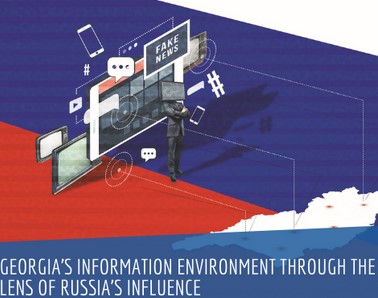How to Respond to Information Operations While Preserving Commitment to Free Speech and the Free Flow of Ideas?
How to Respond to Information Operations While Preserving Commitment to Free Speech and the Free Flow of Ideas?
Author(s): Anna Keshelashvili, Tinatin Tsomaia
Subject(s): Media studies, Human Rights and Humanitarian Law, Government/Political systems, Politics and communication, Social Informatics, ICT Information and Communications Technologies
Published by: NATO Strategic Communications Centre of Excellence
Keywords: Free speech; Georgian society; Information distribution through media; information flow;
Summary/Abstract: The developments following the 2020 U.S. presidential election, which took place during the writing of this chapter, have once more highlighted the problem of societal polarisation, information manipulation, and the influence of new information technologies on societies’ political decision-making and real-time behaviour. The 2021 storming of the U.S. Capitol, ‘the most recognized symbol of democratic governance in the world’, brought to fore questions around the collective responsibility of citizens, politicians, and tech giants to better understand, protect, and exercise freedom of speech in a time of disinformation. For example: What constitutes ‘harmful’ online content? Where does the border lie between online content that is protected by the right to freedom of expression and online content that should, or needs to, be regulated? Should tech giants be liable for the information they host? Do they have different obligations to society than other private companies do?
Book: Georgia’s Information Environment through the Lens of Russia’s Influence
- Page Range: 109-124
- Page Count: 16
- Publication Year: 2021
- Language: English
- Content File-PDF

